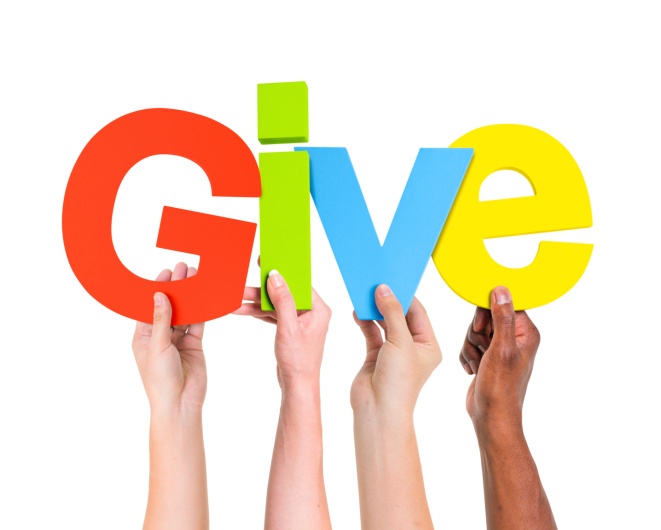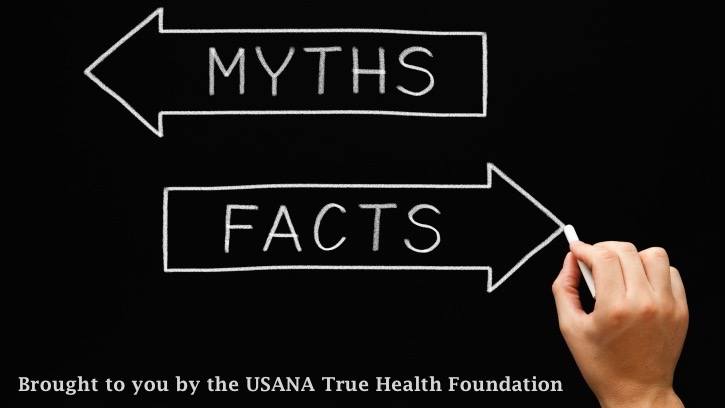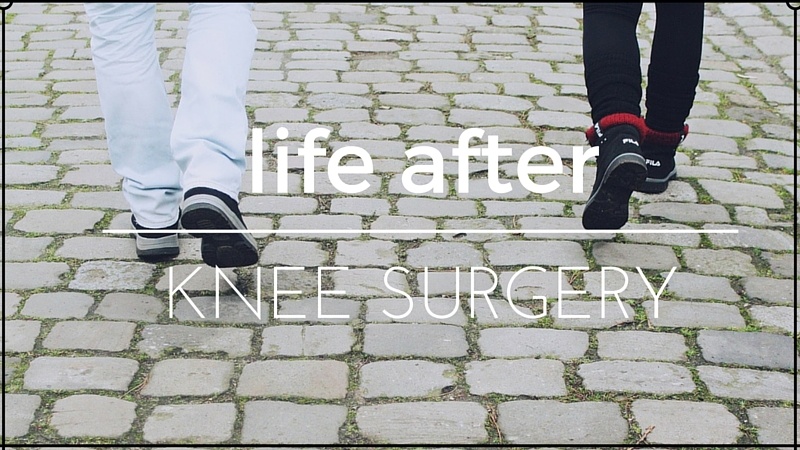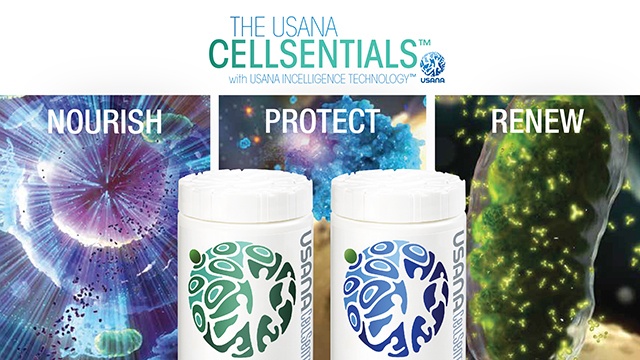Charities: Debunking the Myths
 At the USANA True Health Foundation, we run into a lot of questions from potential donors about where, when, and how their contributions will be used. And that’s totally fair of them. We want our monetary donations to have just as powerful of an impact as you do.
At the USANA True Health Foundation, we run into a lot of questions from potential donors about where, when, and how their contributions will be used. And that’s totally fair of them. We want our monetary donations to have just as powerful of an impact as you do.
Here’s the thing about these questions: they often lead to some common myths about charitable organizations. So let’s cover some of these myths and show you how we’re doing everything in our power to help alleviate world hunger.
Myth 1: Charity helps the recipient with his or her problem, but it doesn’t do much to deal with the causes of that problem.
Yes, some charities do “Band-Aid” work, either exclusively or some of the time.
Combating poverty involves slow processes of political, cultural, and social change. With many stakeholders, significant opposition and serious issues of self-determination and coercion need to be navigated.
Ethical Angle
Should we spend money to make a better world in 10 years’ time if that means people who we could have fed starve tomorrow? I don’t know about you, but there’s no way I could look into the eyes of a hungry child and withhold the food in my hand in the name of waiting for a policy change.
 Imagine being in a situation where you’re not sure if you’ll have anything to feed your children for dinner—their only meal of the day. Is there room to worry about what will happen next week, let alone 10 years in the future? For most people in desperate situations and extreme poverty, a bird in the hand is really worth a lot more than two (improbable) birds in the bush.
Imagine being in a situation where you’re not sure if you’ll have anything to feed your children for dinner—their only meal of the day. Is there room to worry about what will happen next week, let alone 10 years in the future? For most people in desperate situations and extreme poverty, a bird in the hand is really worth a lot more than two (improbable) birds in the bush.
Solutions
We focus on making sure the bird lands in hand today while building infrastructure that will allow for a way to access the 10 in the bush.
Let’s talk examples…
In Indonesia, 37 percent of children suffer from stunted growth. While providing nutritious meals and vitamins high in essential micronutrients necessary for growth and development, the USANA True Health Foundation will also be sponsoring health education classes in areas experiencing these same health issues. In addition to this, the Foundation will be holding classes to show the process of healthy meal preparation in order to equip locals with the skills and knowledge necessary to prevent the issue of malnourishment in the future.
Myth 2: Every person is granted the same opportunity to succeed and avoid trials associated with money, health, and overall wellbeing.
While we may work hard, there are external factors that help bring our efforts to fruition, depending on where we live. Living in an affluent nation greatly increases our chances of benefiting from good infrastructure, healthcare, access to education, and the availability of stable jobs.
For people born in developing countries, the chances their hard work will pay off are greatly diminished. They may not be able to work due to an illness for which they can’t afford the treatment; there may not be any work available; they may not have the education required for a job that pays a living wage. The list goes on and on. Mere daily survival is all-encompassing.
 All of this means people in developing countries are often at a disadvantage compared to others around the world. Children have no say over where they live or whether they receive an education. Struggling families may take their children out of school so they can contribute to the family income. This promotes a cycle of poverty that traps people who may be extraordinarily smart and hard-working. There are simply circumstances they have no control over.
All of this means people in developing countries are often at a disadvantage compared to others around the world. Children have no say over where they live or whether they receive an education. Struggling families may take their children out of school so they can contribute to the family income. This promotes a cycle of poverty that traps people who may be extraordinarily smart and hard-working. There are simply circumstances they have no control over.
Awareness
When considering whether or not to donate to a charity, many people tend to research the issues connected to that organization. As a result, they become more educated about social injustices around the world. They may discover new points of view and opinions on topics they were previously uninformed of. This knowledge may position them to help increase awareness of social problems among those in their sphere of influence.
 So What’s the Best Way to Contribute?
So What’s the Best Way to Contribute?
These three factors can tell you a lot about whether or not your donation is in the right hands.
- Transparency—give to charities that are transparent and that you can monitor.
- Overhead—Determine what percentage of your donation goes toward overhead costs, and go with the one that spends the least on this.
- Impact—Be aware of what your donation will achieve.
Remember, 100 percent of all donations made to the USANA True Health Foundation ALWAYS go toward changing lives across the world.
We’re proud to bring you the freshest content on the web! Follow USANA on Twitter, like our USANA Facebook page and enjoy the latest videos on the official USANA YouTube channel.
 Learn what USANA is doing to make the world a better place.
Learn what USANA is doing to make the world a better place.
The future of personalized health and nutrition is now available with USANA’s True Health Assessment.










Leave a Reply
Want to join the discussion?Feel free to contribute!